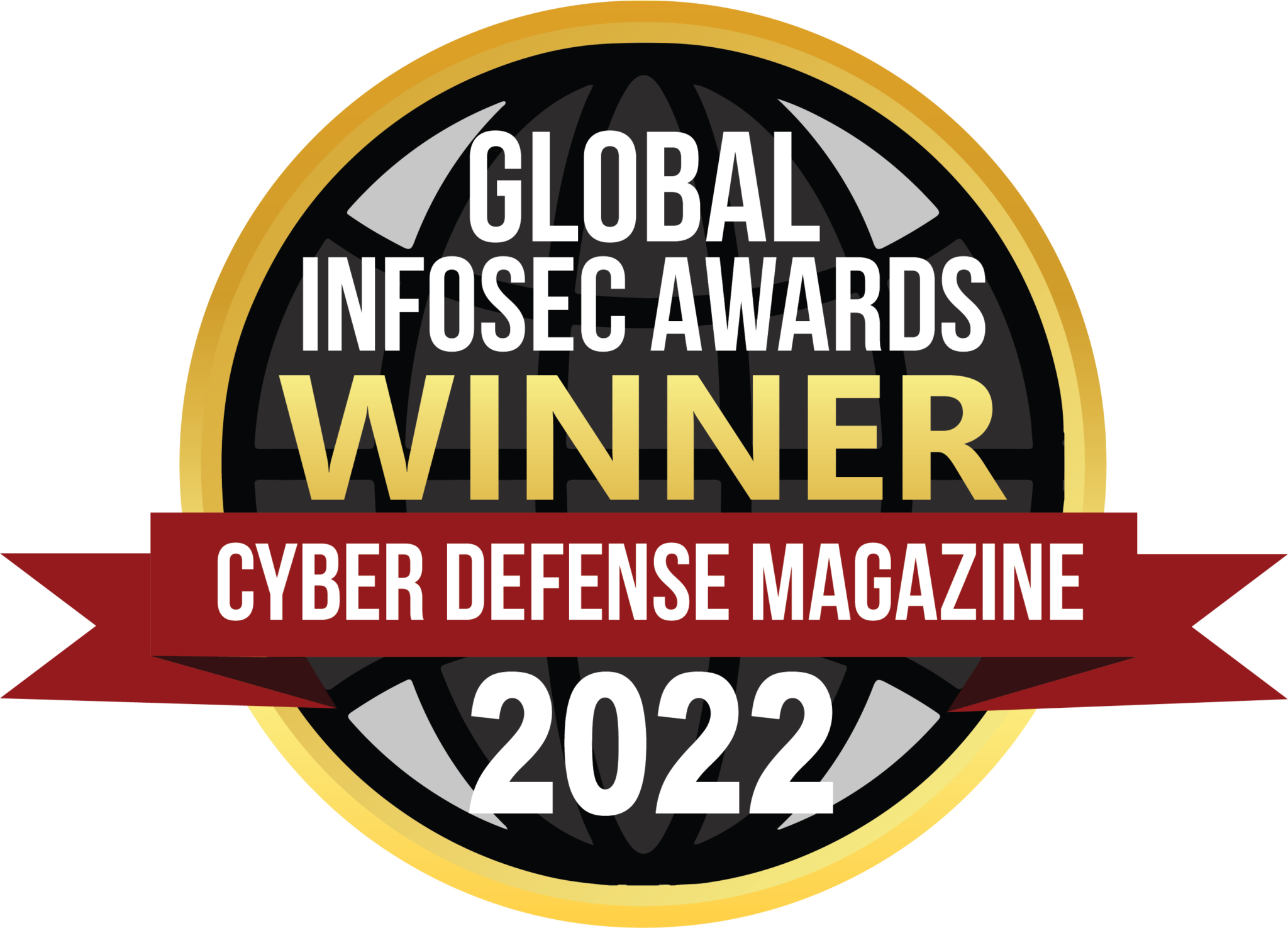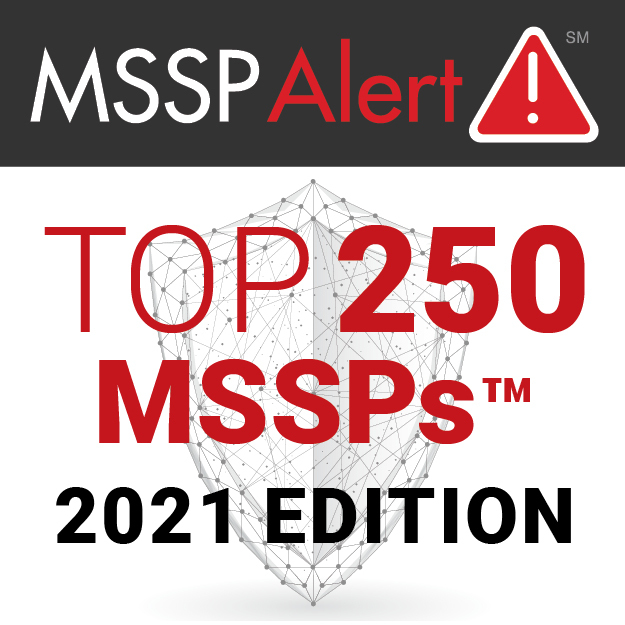Altered or compromised company data are a nightmare for top management, investors, and in-house IT professionals. After all, everybody wants their information to be intact. Whether the data in question is modified by accident or with malicious intent, it has a negative impact on companies and individuals, which makes data integrity and data security top concerns for CTOs, CIOs, and IT leaders.
If you are looking for the safest ways to maintain and ensure data integrity in your company, here are some key items to put on your checklist.
Top 5 Best Practices for Maintaining Data Integrity
Data integrity can be affected by human error, misconfiguration, transfer errors, malware, and compromised hardware to name a few. To minimize risks, there are several steps you can take throughout the data lifecycle.
- Update user permissions and implement access controls. Enforce a least privilege model where employees have access only to data they need to perform their job and don’t overlook physical access to sensitive servers.
- Verify inputs, validate them, and remove duplicates. Regardless of their source, input data should be checked for accuracy and you must confirm that data processes have not become corrupt. Periodically check for duplicate data and remove it, as the duplicates might be accessible by someone who wasn’t allowed to in the first place.
- Keep an audit trail and test its functionality. An automatically generated audit trail allows you to track all data changes, along with their sources and timestamps, while preventing users from tampering with the results.
- Back up your data on a regular basis. Backups are critical and should be performed as often as possible. Establish a schedule, identify a secure location for them, and don’t forget to verify data retrieval when performing internal audits.
- Encrypt your data and enable SSL encryption on your websites. In the unfortunate event of database hacking or server hijacking, having the data encrypted will prevent unauthorized view access.
Besides adhering to these good practices, you can also address human error and minimize it by educating your workforce and establishing a sound data management culture.
How to Fully Ensure Data Integrity
The safest answer to all your data integrity concerns is a Security information and event management system (SIEM). Such a system can protect databases, network devices, operating systems, virtualized systems, and all kinds of applications, including cloud ones. The core functions you should get from a SIEM solution are log management, file integrity monitoring, real-time event correlation, and system performance monitoring.
Since new threats are rapidly emerging and budgets are often limited, an even better choice is to opt for a fully managed SIEM-as-a-service solution. This can free up valuable internal IT resources and drastically reduce your security costs, with no upfront investment or costly overhead. Plus you no longer have to worry about a lack of staff, time, or security expertise — simply leave the incident monitoring, reporting, and remediation parts to experienced security analysts.
Choose the Best Solution for Your Company
As you can see, there are a lot of ways to improve the security of your systems in your quest of ensuring data integrity. While every little thing helps and adds another layer of protection, checking all the boxes can be an overwhelming task, especially in complex environments.
The safest way out is to leverage a managed security services provider to augment the cybersecurity management efforts of your in-house IT staff. And to make this easier, consider outsourcing the company’s cybersecurity management altogether. With data integrity matters out of the way, you can focus on other projects that matter for your IT department and the company as a whole.
About ArmorPoint
ArmorPoint (www.armorpoint.com) is a managed cybersecurity solution that combines the three pillars of a robust cybersecurity program — people, processes, and technology – into a single solution. Designed by cybersecurity experts, ArmorPoint’s cloud-hosted SIEM technology and extended detection and response capabilities enable businesses to implement a highly effective, scalable cybersecurity program. ArmorPoint is developed and powered by Trapp Technology, a Phoenix-based IT managed services provider.








